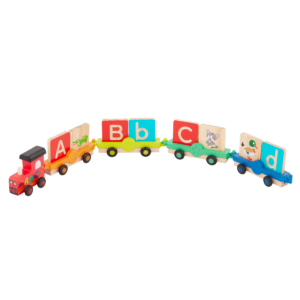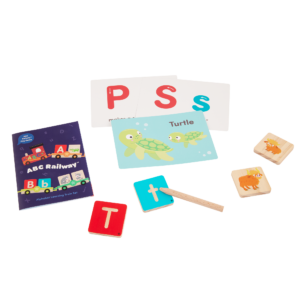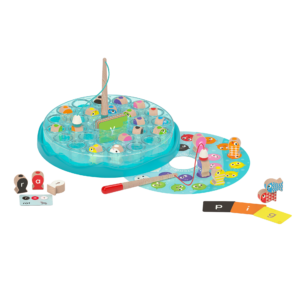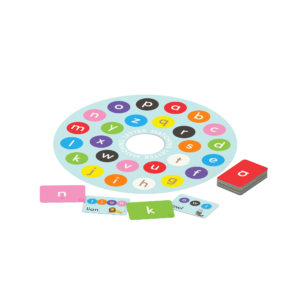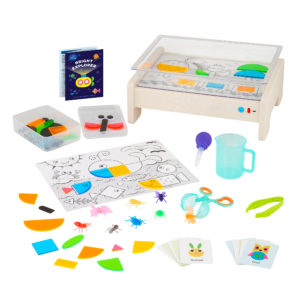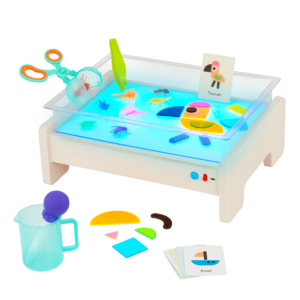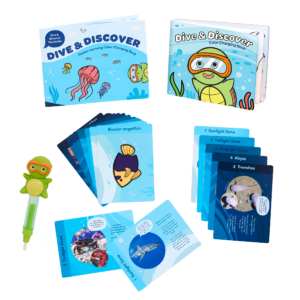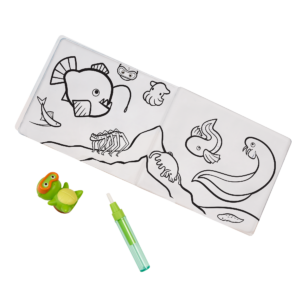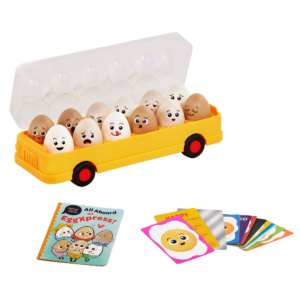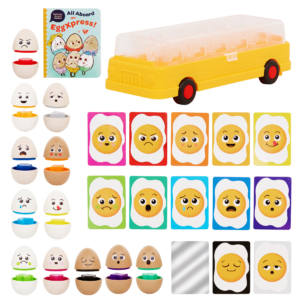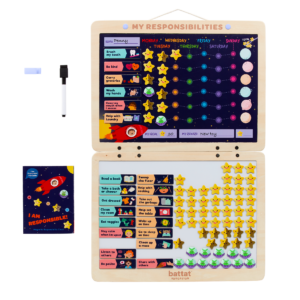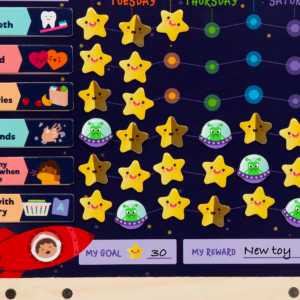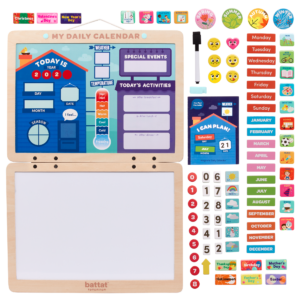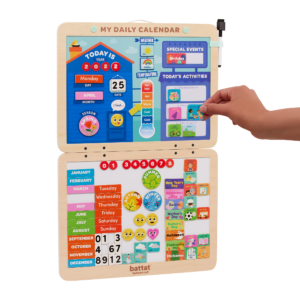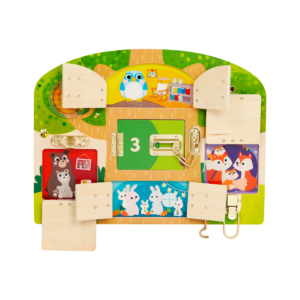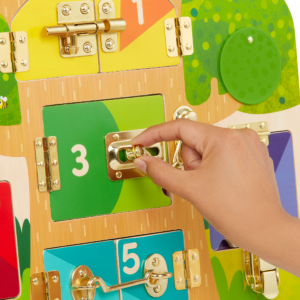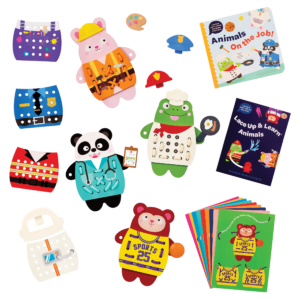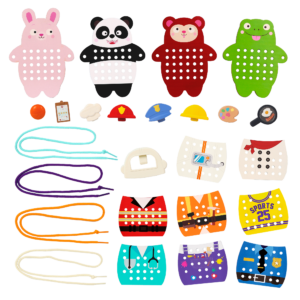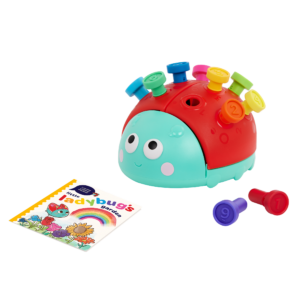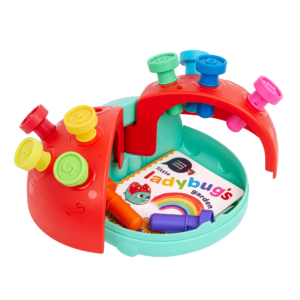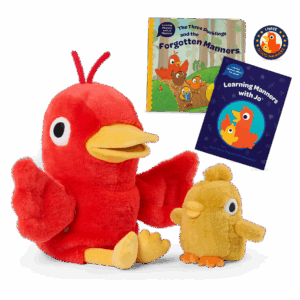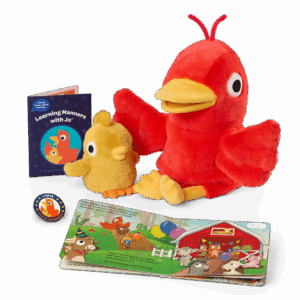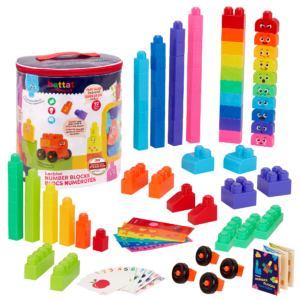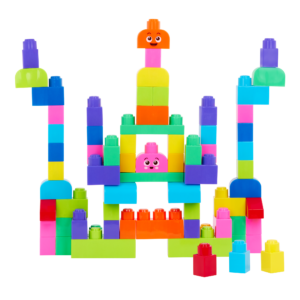Skills Guide
Making friends, working with others, navigating conflict—these are just a few examples of social and emotional skills that help us communicate, play, and work with others!
Like other skillsets, the beginning of a child’s social and emotional development begins with basic building blocks, such as forming close and secure relationships with adults and peers, learning what behavior is acceptable in varied social, cultural, and familial contexts, and expressing emotions accordingly [1,2].
It’s also important to note that social and emotional skills go hand-in-hand; children often develop both skillsets at the same time [5]. In fact, emotions can be classified based on their relationship to social development: we are born with basic emotions, such as fear, joy, and anger, but develop secondary social emotions, such as empathy, love, shame, and envy, through interactions with others [5].
Our Collection of Social & Emotional Toys
ABC Railway
Alphabet Learning Train SetAlphabet Fishing
Magnetic Alphabet Fishing GameBright Explorer
Educational Light Box PlaysetDive & Discover
Ocean Learning Color Changing Book SetKnock-Knock Who’s Inside?
Lock & Latch BoardLace-Up & Learn Animals
Fine Motor Wooden Lacing ToyLearning Ladybug
Ladybug Counting ToyLocbloc Counting Blocks
Educational Building Block Set References:
[[1] Darling-Churchill, K. E., & Lippman, L. (2016). Early childhood social and emotional development: Advancing the field of measurement. Journal of Applied Developmental Psychology, 45, 1-7.
[2] Halle, T. G., & Darling-Churchill, K. E. (2016). Review of measures of social and emotional development. Journal of Applied Developmental Psychology, 45, 8-18.
[3] Junge, C., Valkenburg, P. M., Deković, M., & Branje, S. (2020). The building blocks of social competence: Contributions of the Consortium of Individual Development. Developmental cognitive neuroscience, 45, 100861.
[4] Montroy, J. J., Bowles, R. P., Skibbe, L. E., McClelland, M. M., & Morrison, F. J. (2016). The development of self-regulation across early childhood. Developmental psychology, 52(11), 1744.
[5] Wilson, R. L., & Wilson, R. (2014). Understanding emotional development: Providing insight into human lives. Routledge.
